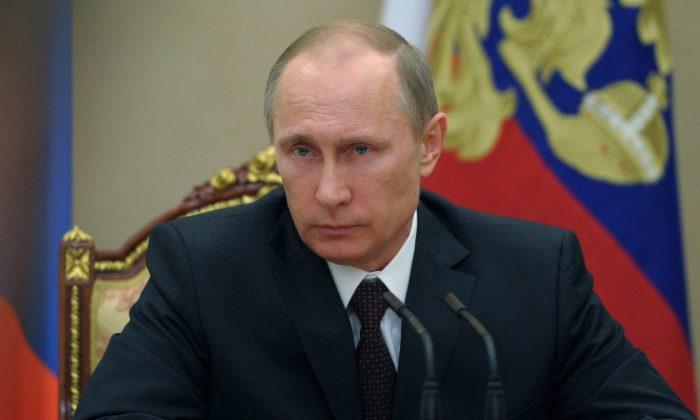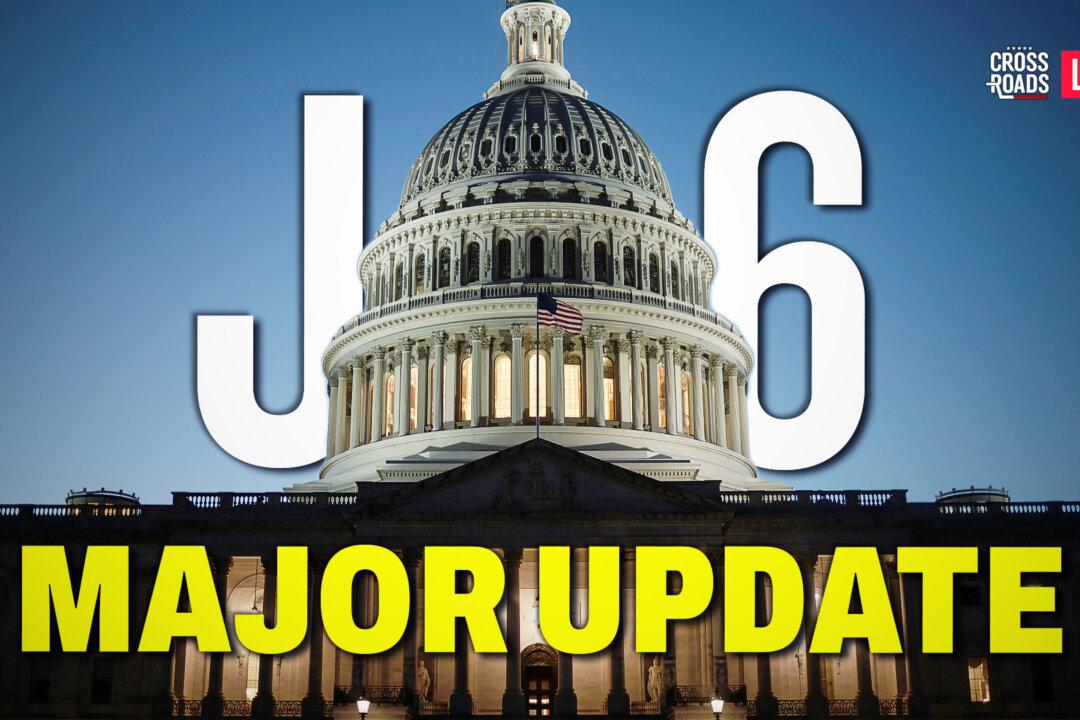The state of the investigation into whether Russia interfered in the 2016 U.S. presidential election may be heading into dangerous territory for some major news outlets with close ties to the giant state.
The latest chapter in the inquiry has turned its focus on paid advertisements on Facebook made by companies or individuals in Russia.
Facebook’s investigation was extremely broad. Stamos notes that Facebook included any ad that even appeared to originate from Russia, including advertisements purchased by users within the United States, but who had Russian set as their default language.
The Facebook ads don’t appear to support the popular narrative that the money may have affected the elections. The post notes, “The vast majority of ads run by these accounts didn’t specifically reference the US presidential election, voting or a particular candidate.”
Propaganda Supplements
The finding that the advertisements on Facebook were not overtly political stands in sharp contrast to the known state funding that many legacy news outlets have accepted from Russia and China to publish state propaganda. The concern that Facebook’s advertisements may have improperly advanced Russia’s political agenda would seem to apply in spades to these outlets.It noted that The Washington Post was running both China Watch, which is a China Daily publication; and Russia Beyond The Headlines, which is a Rossiyskaya Gazeta publication. China Daily is financed by the Chinese regime, and Rossiyskaya Gazeta is financed by the Kremlin.
The Washington Post isn’t alone in carrying these supplements. The story notes, “The Russia Beyond The Headlines material has appeared in other major news papers, including The Wall Street Journal and The New York Times.”
The Daily Caller also reported that the Chinese regime was at times using the logo of The Washington Post in its sponsored content, which made it appear the content was legitimate. Russia Beyond The Headlines used similar tricks by using small font that made it difficult for readers to discern the legitimacy of the content.
The ties between the Russian government and American journalism go further than this, however.
It notes that TV host Larry King’s shows broadcast on RT; veteran New York Times reporter Chris Hedges hosts a show on RT called “On Contact”; Huffington Post writer Matt Keiser hosts RT’s “Keiser Report,” and many others share similar ties.
In addition, it notes that Mexican billionaire Carlos Slim, a major shareholder of the New York Times, has a joint venture with Larry King, ORA TV, which has a licensing agreement with RT.


![[LIVE Q&A 04/23 at 10:30AM ET] Pro-Palestinian Protesters Declare ‘Autonomous Zones’](/_next/image?url=https%3A%2F%2Fimg.theepochtimes.com%2Fassets%2Fuploads%2F2024%2F04%2F22%2Fid5634975-CR-TN_REC_0423-1080x720.jpg&w=1200&q=75)

![[LIVE 4/26 at 10:30AM ET] New Push Started for Global Digital Currencies](/_next/image?url=https%3A%2F%2Fimg.theepochtimes.com%2Fassets%2Fuploads%2F2024%2F04%2F19%2Fid5633115-0426-1080x720.jpg&w=1200&q=75)

Friends Read Free